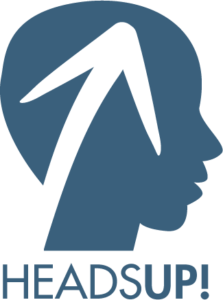“Whatever is good for your heart is good for your brain.”

What we’re doing: Many people living with HIV will experience some form of HIV-associated neurocognitive disorder (HAND). With today’s antiretroviral treatments, cases of HIV-associated dementia have dramatically declined. At the same time, milder forms of neurocognitive impairment – changes in how fast a person can process information, pay attention, multi-task and remember things – persist. Our NeuroAIDS Program of Research works to improve the brain health and mental health of people living with HIV by offering timely diagnosis and treatment through a series of interventions.
Why we are doing it: Neurocognitive impairments in people living with HIV are often unrecognized. As a result, people experiencing impairments have few supports. We aim to improve the diagnosis and treatment of these conditions to improve people’s overall quality of life. We recognize that this issue is becoming increasingly important as the population of people living with HIV ages.
We aim to understand and examine:
How we are doing it:
Action Point: Our studies have helped identify simple and cost-effective tests that are now being used to diagnose people with various forms of neurocognitive impairment. We continue to work towards interventions that improve quality of life. Our work to date has led to this simple health promotion message: “Whatever is good for your heart, is good for your brain.”
For more information: Please contact Principal Investigator Dr. Sean B. Rourke at RourkeS@smh.ca.
Resources
The Mind Exchange Working Group. Assessment, Diagnosis, and Treatment of HIV-Associated Neurocognitive Disorder: A Consensus Report of the Mind Exchange Program. Clinical Infectious Diseases 2013 Apr;56(7):1004-17. doi: 10.1093/cid/cis975
Hopcroft L, Bester L, Clement D, Quigley A, Sachdeva M, Rourke SB, Nixon SA. “My body’s a 50 year-old but my brain is definitely an 85 year-old”: exploring the experiences of men ageing with HIV-associated neurocognitive challenges. J Int AIDS Soc. 2013 Jul 23;16:18506. doi: 10.7448/IAS.16.1.18506.